Students of Color in Special Education Are Less Likely to Get the Help They Need – Here Are 3 Ways Teachers Can Do Better
 When I was a special education teacher, my colleagues and I recommended that a Black girl receive special education services because she had difficulty reading. However, her mother disagreed. When I asked her why, she explained that she, too, was identified as having a learning disability when she was a student. Read more ›
When I was a special education teacher, my colleagues and I recommended that a Black girl receive special education services because she had difficulty reading. However, her mother disagreed. When I asked her why, she explained that she, too, was identified as having a learning disability when she was a student. Read more ›


 Even though mental health experiences are unique to each person, there are a few trends within the BIPOC community that highlight similar disparities and barriers throughout each ethnic group.
Even though mental health experiences are unique to each person, there are a few trends within the BIPOC community that highlight similar disparities and barriers throughout each ethnic group. 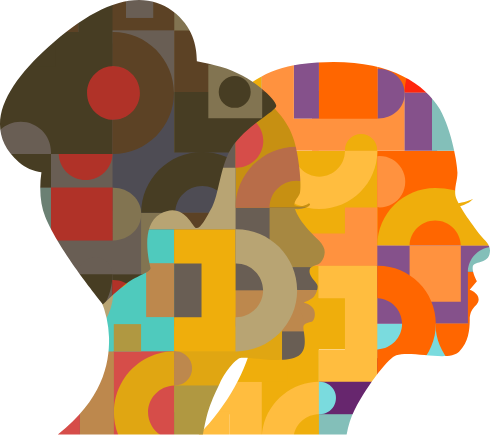
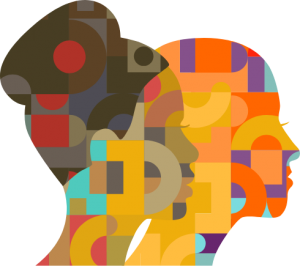 In a first-of-its-kind national survey that focuses on the mental health of Youth of Color, the
In a first-of-its-kind national survey that focuses on the mental health of Youth of Color, the 
 Children are curious and often have questions when they encounter people that are different from them, whether it be race, age, ability, religion, disability, gender, sexual orientation or appearance, just to name a few. But while their questions can be embarrassing at times, it’s important to answer those questions and talk about their curiosity.
Children are curious and often have questions when they encounter people that are different from them, whether it be race, age, ability, religion, disability, gender, sexual orientation or appearance, just to name a few. But while their questions can be embarrassing at times, it’s important to answer those questions and talk about their curiosity.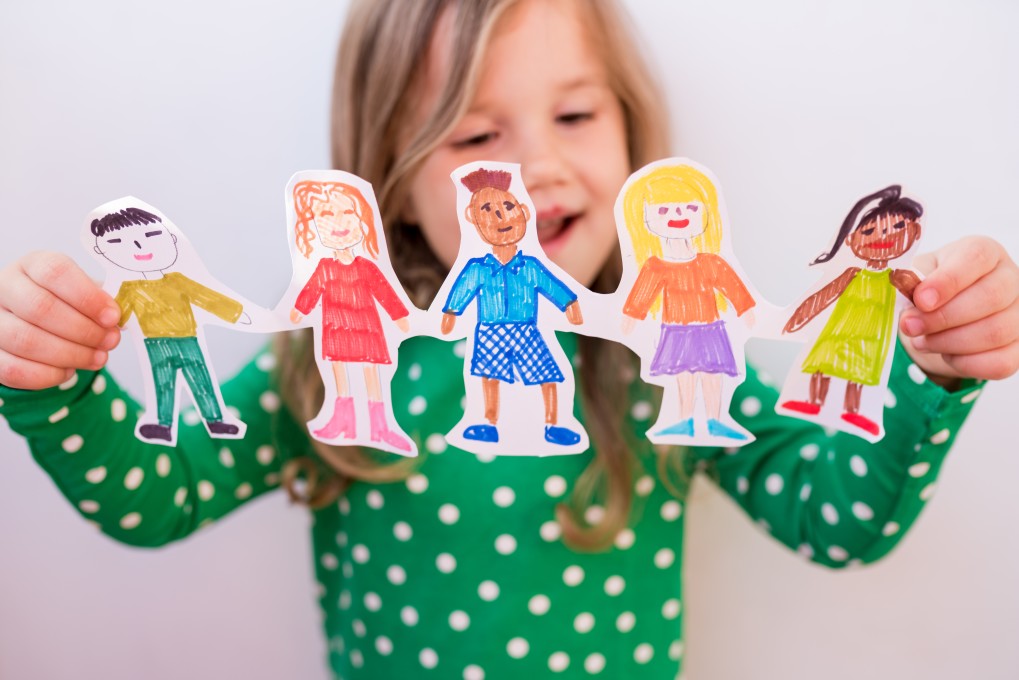
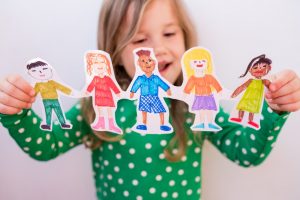 Contrary to the common belief that young children “don’t see race,” a mountain of research evidence confirms that racial awareness starts early. We know that within a few months of birth, babies prefer own-race faces, and that by roughly age 3 kids start to form judgments about others based on racial differences. And by kindergarten, kids perceive that different racial groups have different social status.
Contrary to the common belief that young children “don’t see race,” a mountain of research evidence confirms that racial awareness starts early. We know that within a few months of birth, babies prefer own-race faces, and that by roughly age 3 kids start to form judgments about others based on racial differences. And by kindergarten, kids perceive that different racial groups have different social status. 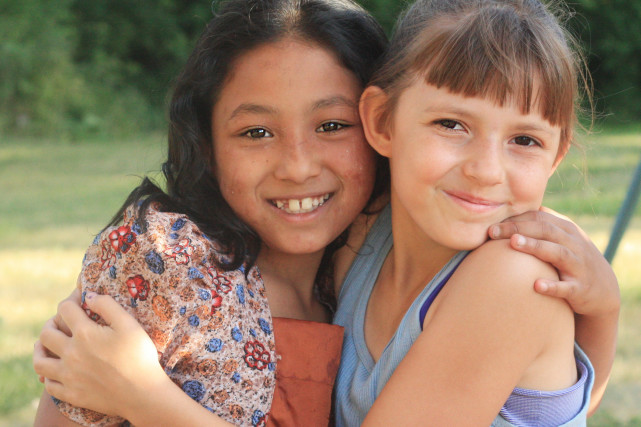
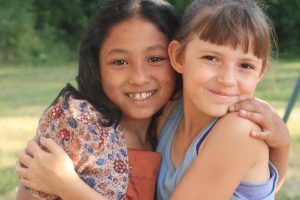 Here’s the beautiful thing about kids—most are born with a natural sense of justice and fairness. Unless they are taught to be hurtful and cruel, most children know that it is wrong to attack others either physically or with words.
Here’s the beautiful thing about kids—most are born with a natural sense of justice and fairness. Unless they are taught to be hurtful and cruel, most children know that it is wrong to attack others either physically or with words.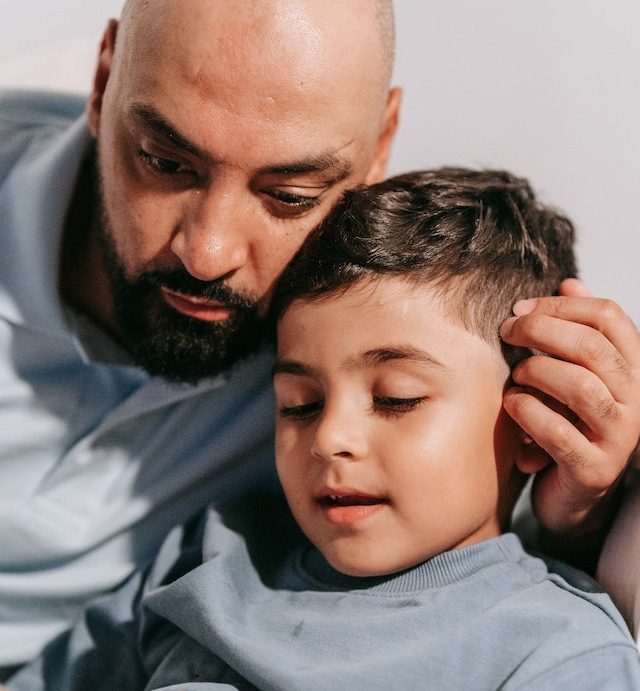
 Talking openly and positively about differences can help children better understand themselves and those around them. Embracing diversity and inclusion empowers kids to engage their world with curiosity, confidence and kindness.
Talking openly and positively about differences can help children better understand themselves and those around them. Embracing diversity and inclusion empowers kids to engage their world with curiosity, confidence and kindness. 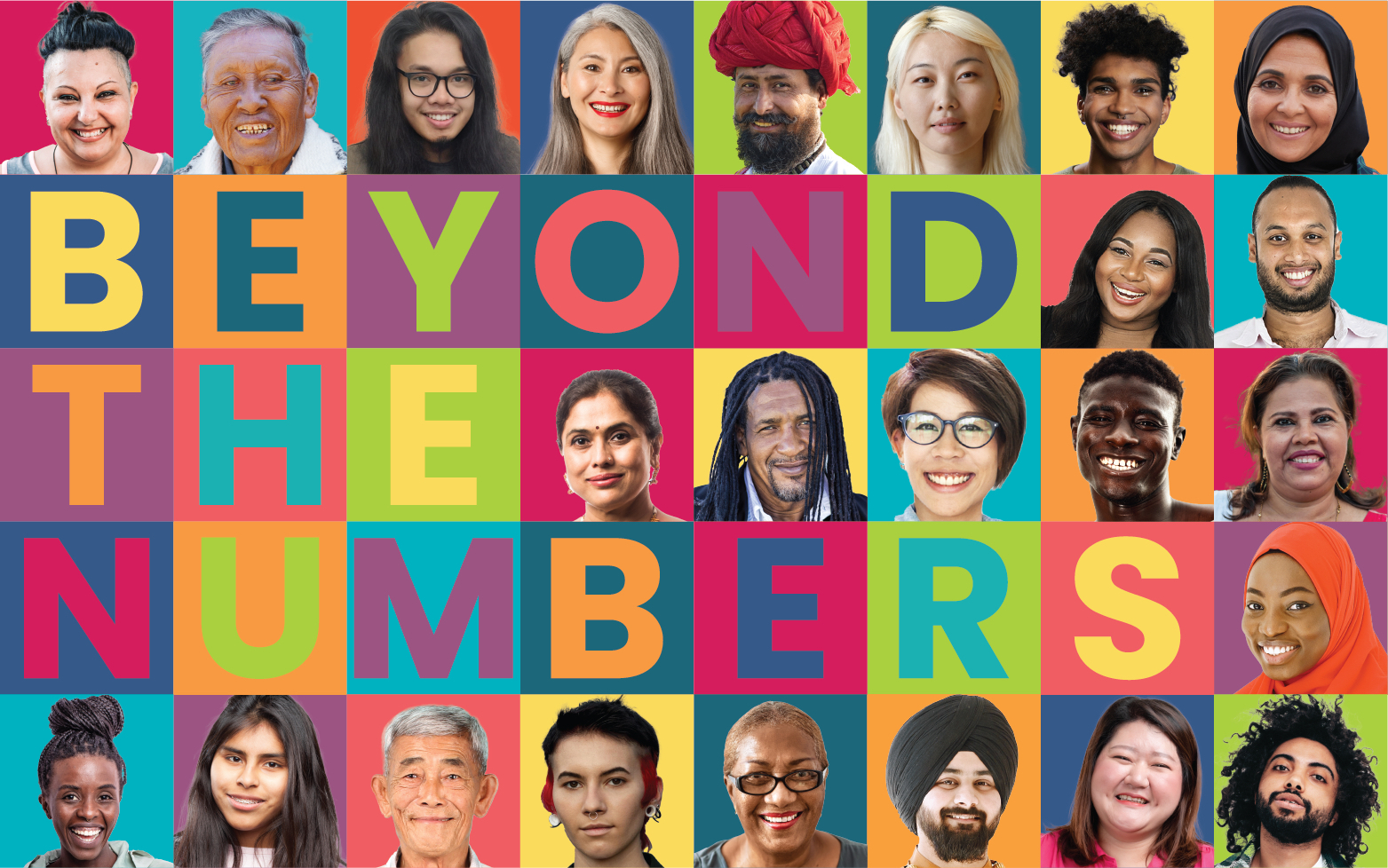
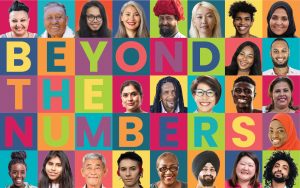 BIPOC communities are significantly more likely to develop mental health conditions, and major barriers to mental health treatment are access and the need for understanding mental health supports.
BIPOC communities are significantly more likely to develop mental health conditions, and major barriers to mental health treatment are access and the need for understanding mental health supports. 
 In addition to its many other listed skills,
In addition to its many other listed skills, 
 Discussing gender can help kids feel more confident in themselves and supported by their parents and caregivers, says
Discussing gender can help kids feel more confident in themselves and supported by their parents and caregivers, says 

